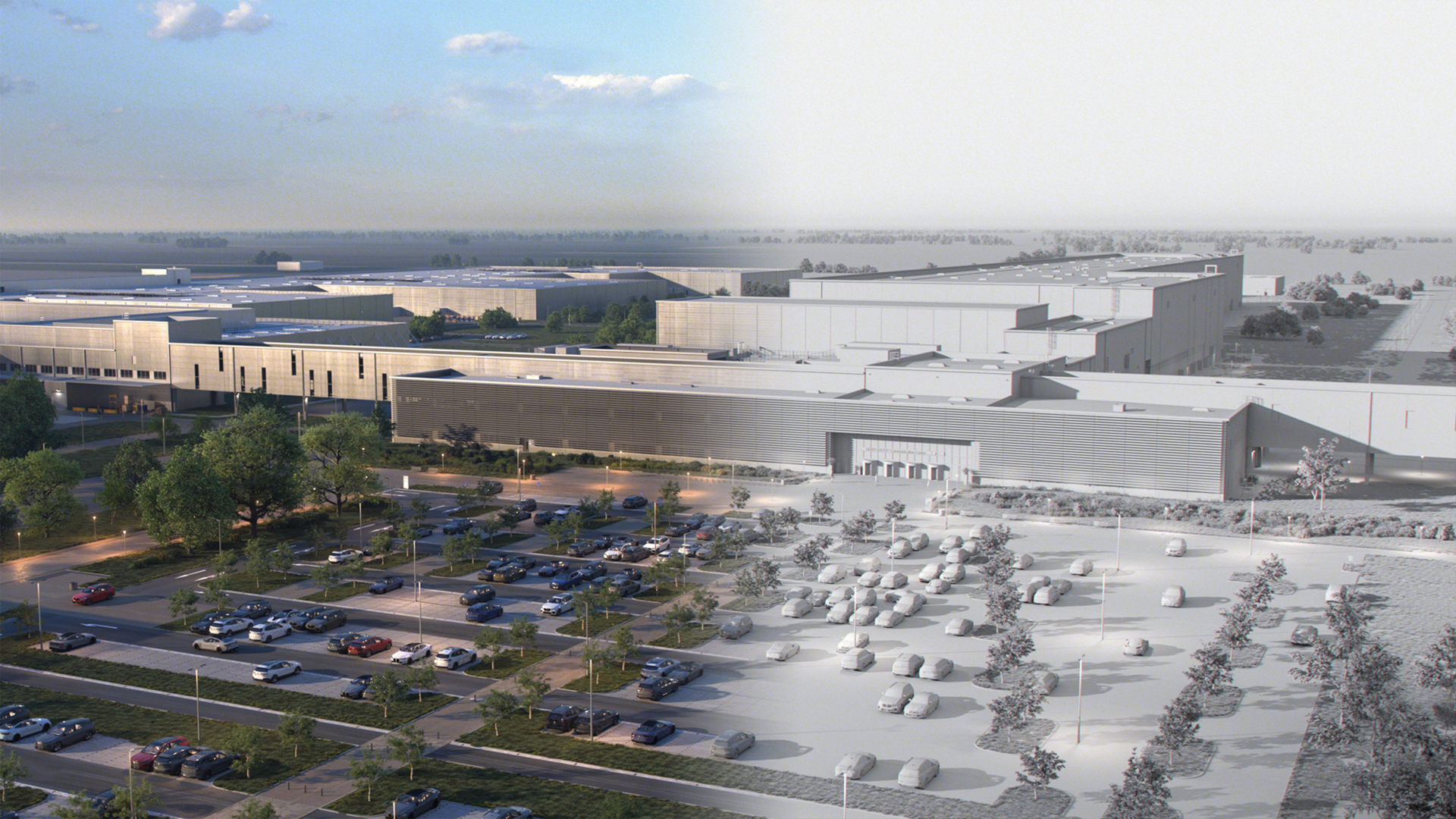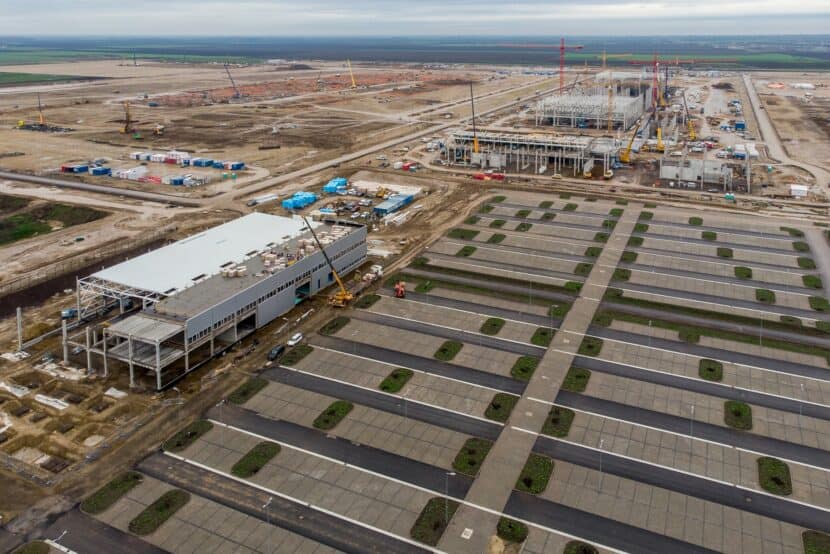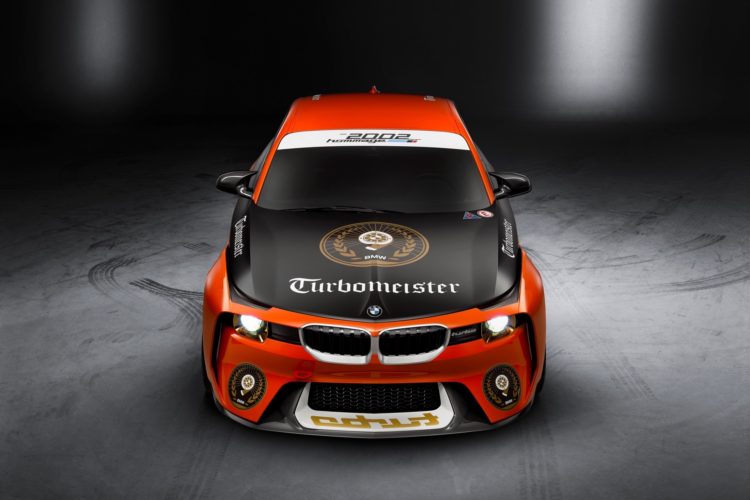The construction of the highly anticipated BMW plant in Debrecen, located in eastern Hungary, is making remarkable progress. Currently, the number of individuals who can proudly call themselves employees of the Debrecen factory is steadily approaching 1,000. While it may seem surprising that this workforce is growing so early, the reasons behind it are both logical and essential, as numerous critical tasks must be completed before the plant commences series production. In fact, the number of employees is projected to rise to 1,500 by the time production officially kicks off in 2025.
First Plant To Produce Neue Klasse Cars
As reported by Magyar Nemzet, the individuals who will be involved in the production processes at the BMW Debrecen plant are being given the opportunity to familiarize themselves well in advance with the tasks they will undertake within the facility. The company’s website indicates that BMW is actively seeking individuals with secondary and higher education qualifications for hundreds of positions. While some of these employees will be integral parts of the production team, others will be recruited for roles related to health and safety, underlining BMW’s commitment to ensuring a safe and efficient work environment.
One noteworthy aspect of the BMW Debrecen plant is its dedication to nurturing local talent and fostering a strong connection to the community. A special group of 100 apprentices has embarked on their educational journey this year as part of the factory’s dual vocational training program. These young individuals are drawn from technical schools in Debrecen and are set to acquire both general and specialized knowledge in car manufacturing, including BMW, right at their future workplace.
150,000 Cars Planned Annually
Once finished, BMW Plant Debrecen is going to cover a plot of more than 400 hectares and will be capable of assembling around 150,000 cars annually. It’ll become the BMW Group’s first carbon-neutral factory in the world and will build electric vehicles on the Neue Klasse platform. BMW will also support the arrival of EVs by also building a battery assembly facility at the Hungarian site where an extra 500 jobs will be created. That’s on top of the 1,000+ jobs announced last year by Péter Szijjártó, Hungary’s Minister of Foreign Affairs and Trade. The batteries will be Gen6 round cells with over 20% higher energy density compared to today’s Gen5 prismatic cells.
BMW Plant Munich will follow Debrecen in 2026 by starting production of a Neue Klasse-based EV. By 2030, the Spartanburg factory will assemble at least six electric models (likely all SUVs) based on the same architecture. From 2027, NE-based EVs will also enter production in Mexico at the San Luis Potosí plant.
[Source: Hungary Today]






































































